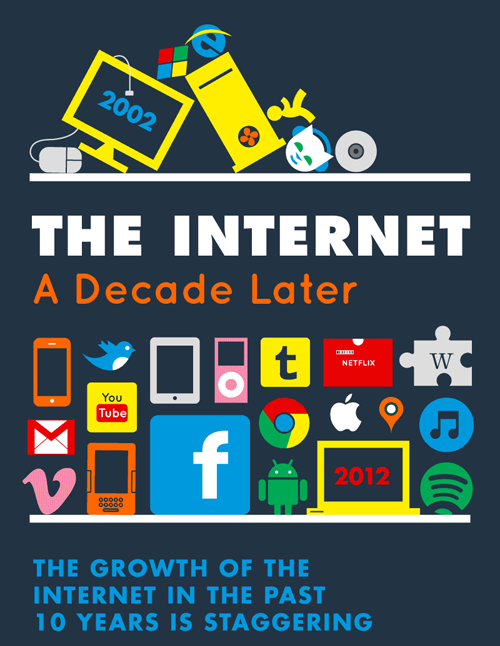
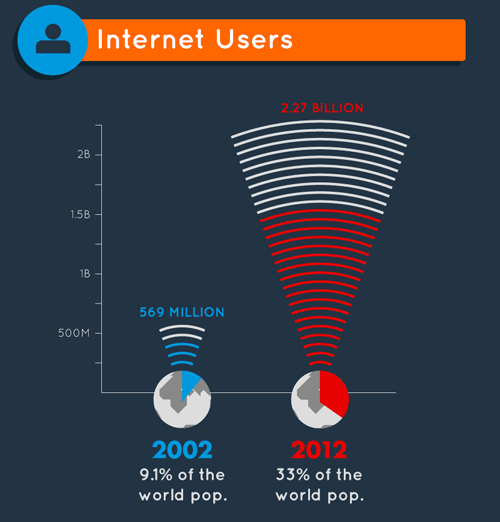
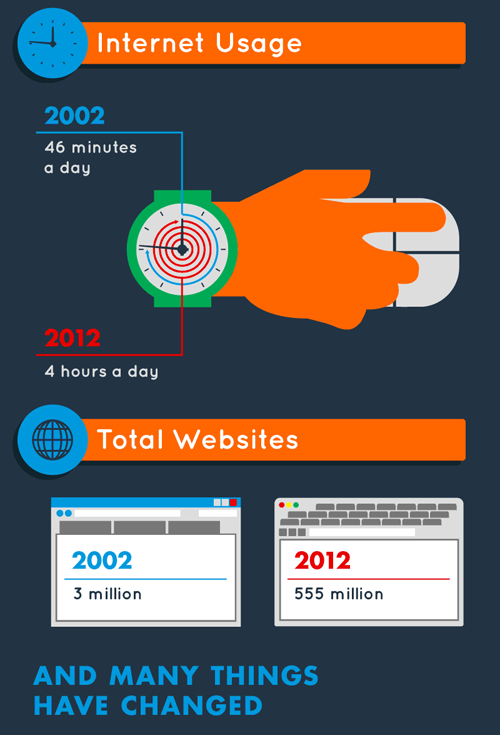
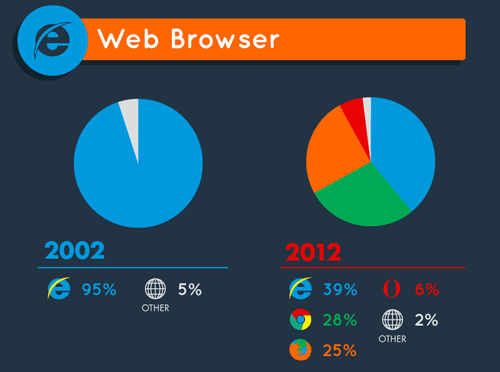
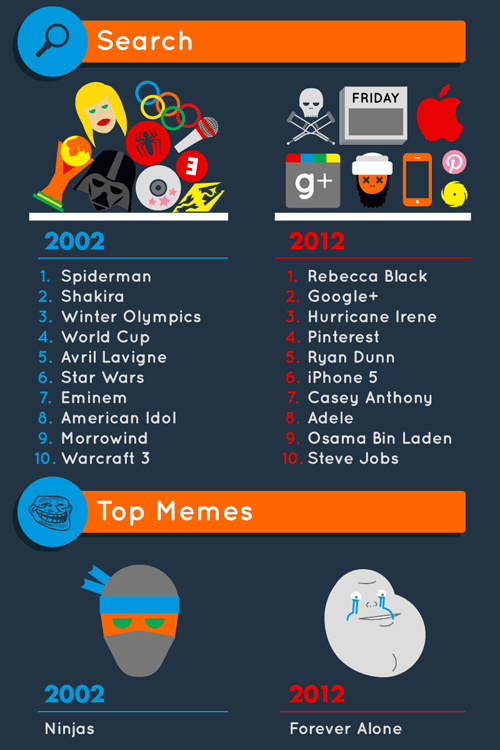
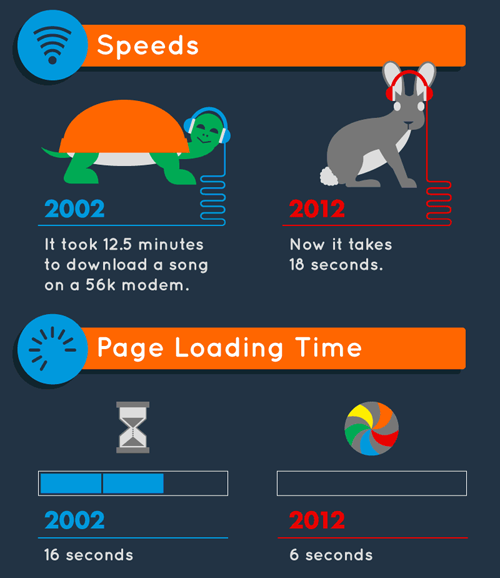
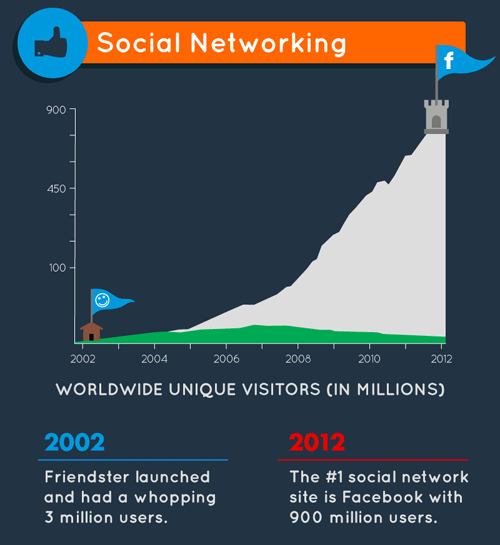
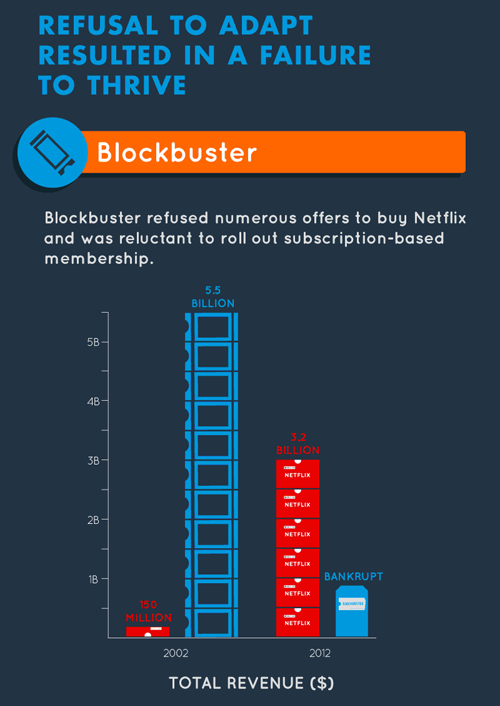
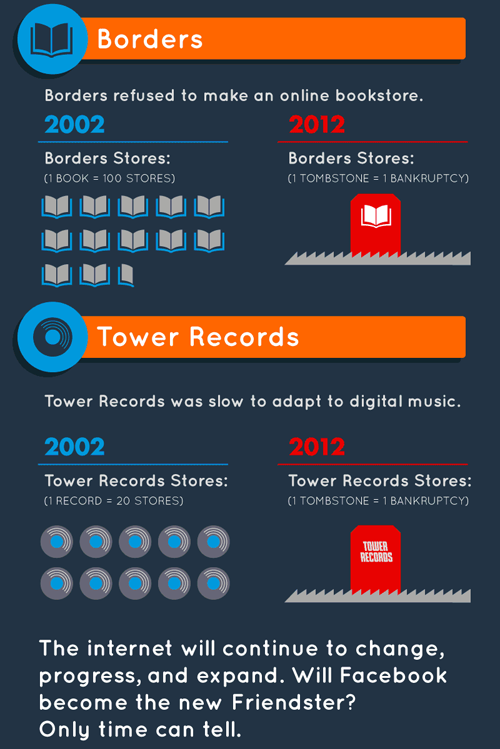
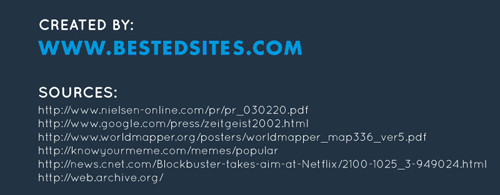










From the web morphing from a text-based medium to a video-centric medium to massive growing hunger for mobile broadband. There are a lot of factors brewing for a perfect storm of bandwidth shortages in the years ahead.
The world of cloud and networking is often filled with buzz words about hosting features and server appliances, but we tend to overlook the fact that none of these things are possible without adequate bandwidth. The latest data from IDC suggests Internet traffic will grow exponentially, “approximately 50 percent year over year,” and that’s just on “fixed” boring old traditional networks. Mobile traffic is to double that figure – yes – 100 percent growth year over year. The growth is inevitable, so the question is – are you and your enterprise prepared? – EyeonIBM
I love this video because it serves as a great metaphor for the evolution of the web. As we navigate through the world both online and in physical space, we are now enveloped by an ever-present always-on canopy of internet connectivity. As we move through these real and virtual worlds, we are creating tendrils of attraction and connections to this web canopy with every barcode scan, tweet, photo share, Facebook like, check-in etc.. Our movements and interactions are constantly changing our relationship and experience with the canopy, and in turn it is influencing us.
Yelp is readying a $100M IPO that follows Groupon’s similar offering. What do these two companies have in common? No profits.
When multiple unprofitable companies are given access to this kind of liquidity, largely by slicing off a small portion of the equity and dividing it up among thousands of overeager investors, I can’t help but conclude that we’re back in a tech-stock bubble.
via MarketWatch
“GSI Commerce, a division of eBay that hosts commerce-related websites for several large retailers says that it saw a 345 percent increase in US mobile sales compared to last year’s Black Friday… In addition, PayPal saw a year-over-year 350 percent increase in the number of customers shopping through PayPal mobile.”
Co-founder of Flickr, Hunch etc. Caterina Fake is no stranger to the culture of sharing. One could easily argue that her and husband Stewart Butterfield were really on the front-lines of pioneering and cultivating that very activity on the internet. Enter Jaron Lanier, who among other things coined the term ‘Virtual Reality’ in the early-80s and recently wrote a book called ‘You Are Not A Gadget’ where he boldly claims sharing and collectivism have turned the internet into what he calls the ‘World Wide Mush‘ in a Wall Street Journal excerpt.
Lanier seems to imply that people who give their efforts, music etc. away for free or without credit are either killing innovation or on a crusade to force everyone to do the same. It’s hard to tell if Lanier is taking this position intentionally to ruffle the web’s feathers, is grumpy, or is it that he is so skewed by his own lens and experiences that he can’t see the value of other pursuits or motivations? To put it bluntly, he pissed Caterina off, and rightly so in my mind. I’d paraphrase Caterina’s response but she’s far too gifted with words to do that, so in the spirit of ‘sharing’ here is the gist of Caterina’s rebuttal.…(Lanier) appears to believe that quality is a zero sum game. A bunch of amateur musicians singing in someone’s living room take nothing away from Lady Gaga. There’s a lot of tilting at windmills in this excerpt. I’ve never heard anyone assert, as he appears to think everyone in the digital arena is constantly asserting, that “collectives make the best stuff” — quite the opposite. Everyone agrees that 99% of everything is crap, and no one is claiming Wikipedia’s entries are better written than those of Charles Lamb or Edmund Gosse in the 1911 Encyclopedia Britannica (my favorite). But really, who cares? By sharing my (admittedly crappy) snapshots on Flickr, I’m not claiming to be Margaret Bourke-White. And my sister *likes* to look at photos of my dog. Who am I hurting? Should I charge a penny to look at my photo? Do I need a photo credit? No. If someone other than my sister admires my cute dog, they are welcome to do so for free.
Additionally Lanier does not understand that people do things for reasons other than bolstering their egos and making money. You shouldn’t need a motivation or justification to correct spelling or factual errors on Wikipedia — a certain desire for orderliness, good grammar, or truth should be sufficient. Those who enjoy correcting spelling and grammatical errors online — I do — are they thereby “robbed of dignity” as Lanier would have it? Of course not.
I could go on. I haven’t touched on his claims that we’re destroying innovation, or his implication that people who license their work with Creative Commons licenses or give their music away for free insist that everyone do the same. The open source software movement that could be mentioned, the free culture movement, or, frankly, any of the other many great things that are taking nothing away from auteurs such as Jean-Luc Godard, and even Jaron Lanier. They’re safe from the incursions of amateurs like you and me. Of course the word “Amateur” comes from the French word “to love”. Good enough reason for me to participate. And you? According to the latest Pew Research study, the Internet (in the U.S.) has overtaken Newspapers as a primary news source, Television next?
According to the latest Pew Research study, the Internet (in the U.S.) has overtaken Newspapers as a primary news source, Television next?
The internet, which emerged this year as a leading source for campaign news, has now surpassed all other media except television as a main source for national and international news.Currently, 40% say they get most of their news about national and international issues from the internet, up from just 24% in September 2007. For the first time in a Pew survey, more people say they rely mostly on the internet for news than cite newspapers (35%). Television continues to be cited most frequently as a main source for national and international news, at 70%.For young people, however, the internet now rivals television as a main source of national and international news. Nearly six-in-ten Americans younger than 30 (59%) say they get most of their national and international news online; an identical percentage cites television. In September 2007, twice as many young people said they relied mostly on television for news than mentioned the internet (68% vs. 34%).
via pew
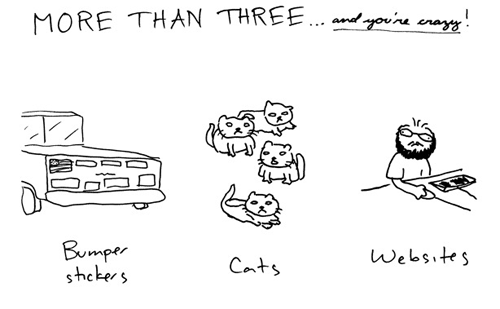
via bran
The 2008 blockbuster movie of the year, Dark Knight, has now grossed over a $1 billion at the box office. A staggering figure to say the least. However, I thought it was particularly interesting to read today that the Dark Knight was not only a box office juggernaut, but it was also the most pirated movie of the year.
Amassing over a million downloads in under seven days, ‘The Dark Knight’ is by far the most pirated movie of this week. Earlier this year, Cam and DVD-screener versions of the latest in the Batman series already found their way onto the Internet, making this blockbuster the most pirated movie of 2008.
That leads to the inevitable question; is movie piracy the big villain that the movie industry would like us to believe it is? Or has piracy to some degree become a precursor for box office success? In other words, if nobody is pirating and downloading your movie, is it doomed to fail? Maybe the Dark Knight is the exception, not the rule. With its big budget aesthetics, perhaps many people who pirated the movie simply had their appetite whetted with the pirated version and then subsequently went to the theater to see it on the big screen to get the full experience. I’m not sure what the answer is, but it appears that piracy alone can’t be blamed for the overall downturn in box office revenues.via TorrentFreak
With so much attention focused on things like business models / revenue, other ‘web 2.0’ technologies and a failing economy, it’s easy to lose sight of the fact that online video continues to grow not just in consumption / usage, but also in cultural importance. A new ‘must-read’ study was recently released in Europe called ‘Video Republic’. It specifically focuses on the growing importance and transformative nature of online video and how an entire generation of youth is using this new medium to communicate, create, learn, entertain and connect with the world around them.
Cheap digital technology and broadband access have broken the moving-image monopoly held by production companies and broadcasters. In its place a new theatre of public information has emerged: a messy, alternative realm of video creation and exchange that extends across the internet, television, festivals and campaigns. This report charts the rise of the ‘Video Republic’ across Europe, a new space for debate and expression dominated by young people. Drawing on the extensive research with experts and young people in the UK, Turkey, Germany, Romania and Finland, it argues that the stakes are high, both for the contributors to this realm and for the democracies they live in. Confusion about regulation, copyright and privacy means that young people are plunging headlong into an uncertain set of new relationships online. And around Europe, new types of expressive inequality are emerging as many are held back from participating by poor access and a lack of resources. As young people experience greater freedoms online, many are choosing to ‘route around’ political and cultural institutions rather than take them on directly. This poses a profound challenge to decision-makers, but it also creates new opportunities. For democracies starved of legitimacy, it offers hope for a new sphere of democratic expression and participation. With a range of recommendations for government, media and the private sector, this report outlines how we can channel the creativity locked inside the Video Republic.
You can download the full .PDF version of this report: click here. This study was also featured in the The Guardian this week.
The report makes recommendations to help adults cope with the changing online environment, and calls particularly on schools to help youngsters understand the long-term implications of living their lives in a semi-public way. “Schools, universities and businesses should prepare young people for an era where CVs may well be obsolete, enabling them to manage their online reputation,” says the report. “This generation of young people are guineapigs … we need an educational response that extends beyond the focus of safety, towards broader questions of privacy and intellectual property.” It also suggests that creating video blogs and online diaries should be part of the school curriculum, used by schools in the same way that they organise museum trips or extra art classes.
via PR Studies
